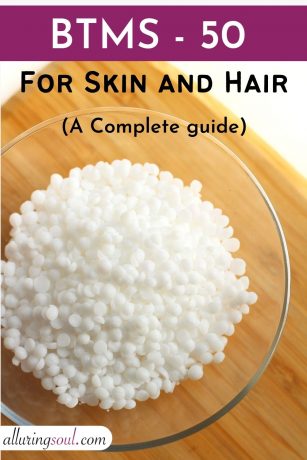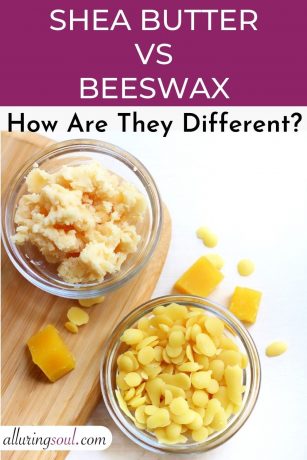Carrier oils are extracted from the seeds and nuts of plants. Carrier oils are used in various skin care products as a base and used independently.
Most carrier oils have moisturizing and softening properties, but each has its speed of absorption.
Multiple factors influence the absorption level of the carrier oils and thus make them differ from one another.
In this post, you will find the carrier oils that absorb the fastest and slowest in the skin and a list of fast, medium, and slow absorbing carrier oils.
What Is The Absorbency Rate Of Carrier Oils?
The absorbency rate of carrier oils determines the rate at which carrier oils seep or get absorbed into the skin.
They are denoted with numbers; the higher the number, the better or faster the carrier oil absorbs into the skin.
What Determines The Absorbency Rate Of Carrier Oils?
1. Molecular size
Carrier oils with higher absorption abilities have a structure of smaller or minute molecules to allow them to pass through the epidermis (outermost layer of the skin) and get absorbed quickly.
And they are usually lightweight in texture.
Carrier oils with heavy molecular weight fail to absorb into the skin as they make a protective barrier on the surface of the skin. (Source)
2. Linoleic and Oleic acid
Carrier oils are rich in essential fatty acids such as oleic and linoleic acid.
Carrier oils with a higher concentration of linoleic acid absorb into the skin the fastest as linoleic is thinner and quicker to flow than Oleic acid, which is thicker and takes time to soak up into the skin. (Source)
Which Carrier Oils Absorb The Fastest Into The Skin?
Carrier oils like Safflower oil with 78% of linoleic acid, Grapeseed oil with 73% of linoleic acid, and Poppyseed oil with 70% of linoleic acid are the top carrier oils that get absorbed the fastest into the skin.
Some others include Hemp seed oil, soybean oil, and Hazelnut oil.
How To Choose Carrier Oils Based On Absorption Rates?
Choosing the right carrier oils when making a skincare product depends on the type of product you are making and the skin type of the person who will use it.
Based on these factors, it is determined which carrier oils of what absorption rate is necessary.
For lotion
If you are looking to make a lotion to use daily, choose a lightweight carrier oil that quickly absorbs into the skin.
For lip gloss
For a lip gloss, you would need an oil with a slow absorption rate as you want it to stay on your lip longer to make it look shiny.
For rinse-off cleanser
And for a rinse-off cleanser, average to fast-absorbing carrier oil will do as it won’t be able to sit on your skin for much time.
For face serum
For face serum targeted for oily skin, opt for a drying, average to fast-absorbing oil like Jojoba oil and squalene.
But for dry skin, go for richer oils like avocado oil, shea butter with a slow absorption rate so that they stay on the skin longer to heal and moisturize the damaged upper layer.
For massage oil
For creating a massage oil, a slow absorption rate oil is needed as the oil needs to spread on the skin for a long time instead of getting absorbed quickly.
List Of Carrier Oils With Their Absorbency Rate
| SLOW | AVERAGE | FAST |
| Borage Oil | Almond Oil | Safflower Oil |
| Cocoa Butter | Hemp Seed Oil | Jojoba Oil |
| Avocado Oil | Carrot Seed Oil | Camellia Seed Oil |
| Castor Oil | Avocado Butter | Argan Oil |
| Virgin Coconut Oil | Meadowfoam Seed Oil | Grapeseed Oil |
| Evening Primrose Oil | Mango Butter | Hazelnut Oil |
| Macadamia Oil | Calendula Oil | Rosehip Oil |
| Olive Oil | Pumpkin Seed Oil | Sesame Oil |
| Pomegranate Oil | Kokum Butter | Babassu Oil |
| Sea Buckthorn Oil | Amla Oil | Apricot Kernel Oil |
| Shea Butter | Chia Seed Oil | Canola Oil |
| Sunflower Oil | Moringa Oil | |
| Tamanu Oil | Prickly Pear Oil | |
| Wheat Germ Oil | Squalane Oil | |
| Neem Oil | ||
| Beeswax | ||
| Flaxseed Oil | ||
| Oat Oil | ||
| Rice Bran Oil | ||
| Walnut Seed Oil | ||
| Coconut Butter |





No Comments